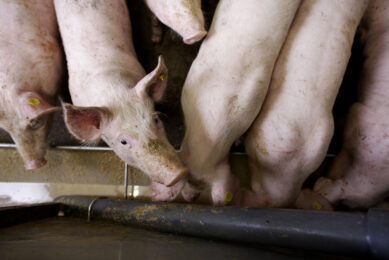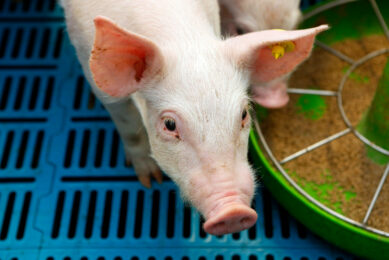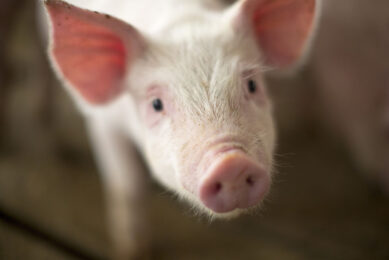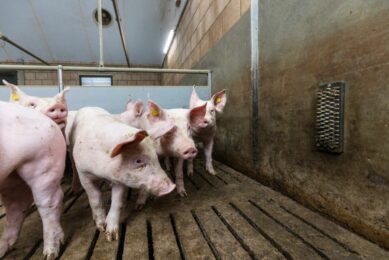Thai probiotics study: improved piglet health and development

The probiotic bacteria Bacillus licheniformis has been observed to be beneficial for piglet health and development. That was the outcome of recent research in Thailand.
Researchers form Thailand’s Chulalongkorn University in Bangkok reported about their findings in the peer-reviewed journal Scientific Reports in January 2025.
The probiotic bacteria B. licheniformis enhance the diversity and relative abundances of beneficial bacteria in sow gut microbiota, the team wrote. Up until this research, however, relatively few was known about their impact on the microbial composition of sow milk and colostrum, and the associated health impacts on piglets.
Therefore, the Thai team examined the effects of supplementing the feed additive B. licheniformis on the microbiota composition of sow colostrum and milk and subsequent diarrhoea incidence in piglets.
Trial with 35 crossbred sows
The researchers used a total of 35 crossbred sows of late gestating age and their offspring. After farrowing, the team allocated sows into 2 groups.They fed group 1 a standard lactation diet without probiotics;Group 2 received the same diet supplemented with B. licheniformis. Then, they collected colostrum and milk samples from sows for DNA extraction and microbiota diversity and composition analysis. In addition, they collected faecal samples to examine consistency and diarrhoea incidence in piglets.
Microbiota composition in colostrum and milk
Firmicutes, Actinobacteria, Proteobacteria and Bacteroidetes were major bacterial composition in all the samples. Firmicutes was the dominant phylum in the colostrum samples and Actinobacteria was the dominant phylum in the milk samples. Furthermore, supplementing B. licheniformis increased microbiota diversity while maintaining richness and evenness.
Microbiota abundance in colostrum and milk
Supplementing B. licheniformis increased the relative abundances of beneficial bacteria, such as Lactobacillus, Pediococcus, Bacteroides and Bifidobacterium, while decreasing the relative abundances of pathogenic bacteria, such as Staphylococcus aureus, Enterobacteriaceae, and Campylobacter in colostrum and milk.
Faecal consistency and diarrhoea incidence
The team observed that supplementing B. licheniformis exerted a positive effect on the gut microbiota of piglets, improved faecal consistency and reduced the incidence of diarrhoea in piglets.
The team therefore concluded that B. licheniformis supplementation altered the microbiota in sow colostrum and milk, adjusted the bacteria colonisation status in piglets’ gut and decreased diarrhoea rates.











